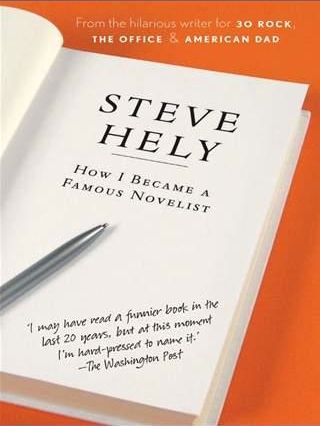Some hard and beautiful observations from Rachel Cusk in a considered piece for The Guardian about the value of creative writing courses:
Language is not only the medium through which existence is transacted, it constitutes our central experiences of social and moral content, of such concepts as freedom and truth, and, most importantly, of individuality and the self; it is also a system of lies, evasions, propaganda, misrepresentation and conformity. Very often a desire to write is a desire to live more honestly through language; the student feels the need to assert a ‘true’ self through the language system, perhaps for the reason that this same system, so intrinsic to every social and personal network, has given rise to a ‘false’ self.
A piece of music or a work of art might echo to the sense of a ‘true’ self, but it is often through language that an adult seeks self-activation, origination, for the reason that language is the medium, the brokering mechanism, of self. The notion of ‘finding your voice’, simplistic as it may sound, is a therapeutic necessity, and for many people a matter of real urgency. It is also – or ought to be – a social goal. If the expansion of creative writing courses signifies anything, it isn’t the cynicism of universities or the self-deception of would-be students: it means, simply, that our manner of life is dishonest, that it offers too few opportunities for self-expression, and that, for some people, there is too great a disjuncture between how things seem and how they actually feel.
A writer may be someone who has never lost their voice, or has always had it; for a number of reasons, they have withheld themselves from immersion in the social contract.

